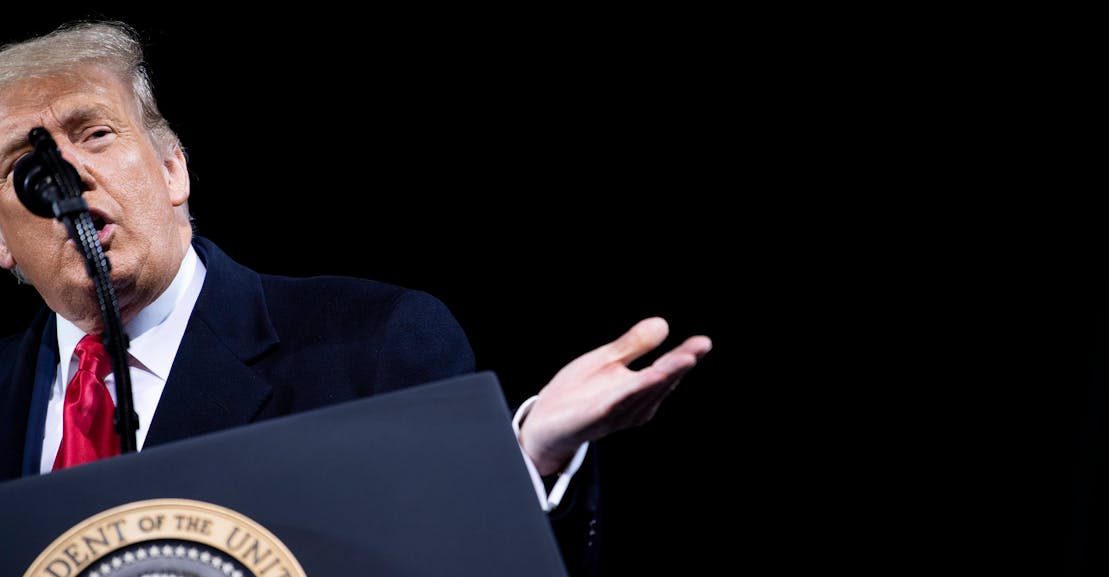On August 6, President Donald Trump signed two executive orders declaring that the popular apps TikTok and WeChat “threaten the national security, foreign policy, and economy of the United States.” Last week, the Trump administration promised to make good on its threats, with downloads of both apps scheduled to be banned on Sunday, September 20. In typical Trumpian fashion, the threats rang hollow: TikTok’s U.S. operations are on the verge of being sold to a partnership between Oracle and Walmart, and a California judge has blocked the WeChat ban, saying that it impinges on the freedom of speech of Chinese expatriates communicating with family and friends back home. (An estimated 19 million people in the U.S. use WeChat, which has more than a billion users worldwide.)
Trump’s ham-fisted attempts at implementing the executive orders have been a complete mess, a farrago of diplomatic and economic policy that reflects many of the larger failures of his administration. As if we needed any further confirmation, here it is: Trump and his failson acolytes know little to nothing about deal-making, much less the complex machinations of large tech companies, international data transfers, online communication, and digital surveillance. And in using TikTok and WeChat as a kind of proxy battlefield in America’s larger rivalry with China, the administration has further clouded the fact that the abuses of Big Tech aren’t contained to national boundaries at all.
Since declaring TikTok and WeChat to be dangers to the American people— particularly the millions of young people who, we are reminded, are having their data cruelly harvested by our Chinese adversaries—the administration has scrambled to respond to this supposed threat. In the case of TikTok, the favored option seemed to be to force a sale to an American tech Goliath. Microsoft—which is not close to the Trump administration but did win a highly coveted Pentagon cloud-computing contract last year—was the initial front-runner. Even in those early stages, it wasn’t clear what Microsoft might be getting for its money, though most reports indicated that Redmond would be bidding for rights to TikTok in several English-speaking countries—hardly the hostile takeover that Trump might have envisioned.
When Microsoft’s bid failed to gain traction, Oracle and, somewhat improbably, Walmart emerged as contenders, the two companies working in tandem. Besides Palantir, Oracle may be the tech company with the strongest ties to the Trump administration, with Larry Ellison and Safra Catz, its two top executives, having become some of Trump’s proudest Silicon Valley supporters. It seemed that Trump was essentially giving a gift to some loyal, powerful allies, while also providing an assist to a retailer that competes directly with Amazon, a company Trump detests.
The Chinese government still needs to sign off on the deal, but for their troubles Oracle and Walmart will likely host TikTok’s data and operations in the U.S., and they will have the option of participating in an early initial public offering in which they can purchase up to 20 percent of a new TikTok Global company. The ownership situation gets a little more complicated the closer one looks. As NPR noted, ByteDance, TikTok’s Chinese parent company, “is expected to own about 80 percent of the company, but since 40 percent of ByteDance is owned by U.S. investors, TikTok Global says it is majority owned by American investors.”
